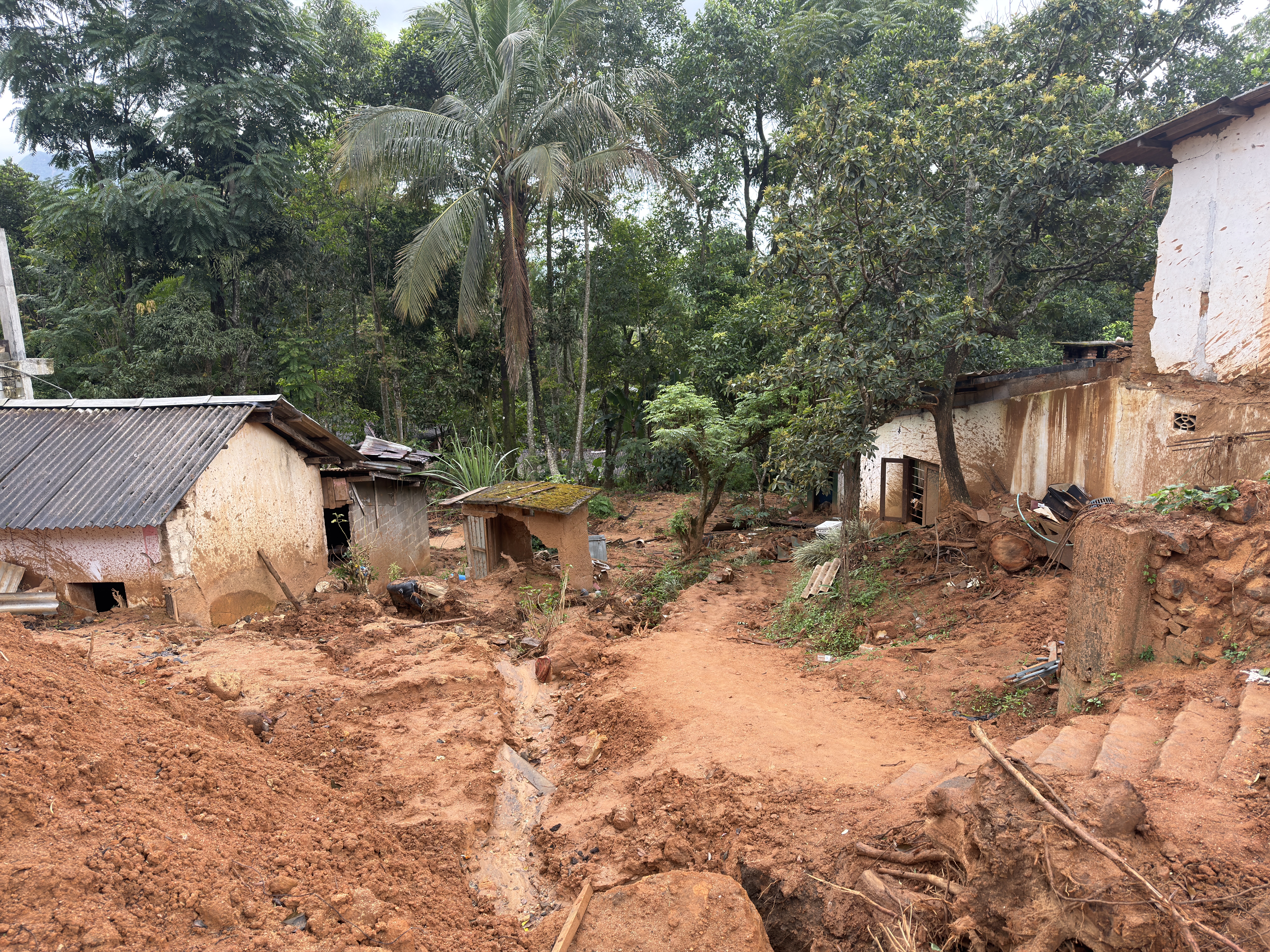Ranchi, 11th May 2022: At the end of a 3-day fact-finding visit to Jharkhand by Right To Food Campaign (RTFC) and Alliance for Sustainable & Holistic Agriculture (ASHA-Kisan Swaraj), team members urged Jharkhand Government to stop distribution of fortified rice in the state immediately. The Fact Finding Report was released in a press conference here today. The report points to several serious concerns with regard to indiscriminate distribution of fortified rice to poor households, Anganwadis and schools in the state.
The fact-finding team stressed that a sizable population in Jharkhand is plagued by high levels of anaemia with the adivasi population particularly vulnerable to blood disorders like Thalassemia and Sickle Cell Anaemia. For the population with these blood disorders, fortified iron is not an answer. In fact, the FSSAI’s regulations on fortified foods ask for mandatory labelling, with a (warning) statement that asks Thalassemia patients to consume such iron-fortified food under medical supervision. It further warns/advises Sickle Cell Anaemia patients not to consume iron-fortified food.
“On the one hand, the government understands the health risks of consumption of iron fortified food for many people with particular health conditions in our society, and brings in regulations like this. On the other hand, the government itself is distributing such rice in all its food schemes where the poor have no option but to depend on this entitlement for their food security. In Jharkhand due to lack of population-based screening, people with these health conditions may not be aware that they are suffering from such blood disorders and the government distributing fortified rice without adequate information or dialogue with the communities is a matter of great concern”, pointed out the fact finding team. Field visits also showed that many people do not prefer consuming this rice and are even separating and removing the fortified rice kernels before cooking and consuming the rice.
The fact-finding team included Dr Vandana Prasad, a public health expert also associated with the Right To Food Campaign; Kavitha Kuruganti, farmers’ rights activist with ASHA-Kisan Swaraj; Balram and James Herenz of Right to Food Campaign, Jharkhand; Rohin Kumar of Greenpeace India; Soumik Banerjee of ASHA-Kisan Swaraj and Raj Shekhar Singh of Right to Food Campaign National Secretariat. On 8th, 9th and 10th of May 2022 the team visited five villages in Khunti and East Singhbhum districts where they met with PDS beneficiaries, dealers, CHC doctors, ASHA and Anganwadi workers, cooks in Anganwadis and schools, officials and patients in district level hospitals, one rice mill owner and so on. They met with Jamshedpur East MLA Mr Saryu Roy and Chakuliya MLA Mr Samir Mohanty. Team members also interacted with concerned state level officials, and also met with Cabinet Minister Dr Rameshwar Oraon.
“Fortified rice is not a proven approach to tackle anaemia effectively, as per published papers and reviews. It is surprising that the Government of India, in a hasty blanket approach, has already scaled up distribution of fortified rice to 257 districts across India, even though the so-called ‘pilots’ have not completed three years, nor evaluated, nor findings put out in the public domain. In Jharkhand too, official data on the government portal shows fortified rice being distributed in two blocks of East Singhbhum (the designated Pilot district in the state) only from October 2021. However, without any data being shared on the portal about the distribution in other districts, fortified rice has already been taken to several districts. What is the meaning or purpose of the Pilot then?”, asked the fact-finding team members.
“Anaemia and other malnourishment conditions have to be tackled effectively and there is no doubt about it. However, the approaches have to be proven, holistic, natural, safe and community-controlled. Dietary diversity is an important approach and cannot be given the short shrift due to hasty adoption and attention to risky unproven approaches like food fortification. In Jharkhand, civil society groups have already demonstrated there are effective ways of dealing with nutrition holistically. Local, diverse foods (including uncultivated forest foods and traditional crops and varieties) play a key role along with participatory learning in these community-led approaches. The government has to expand its food security basket to include millets, pulses, eggs, cooking oil and milk in the food schemes. Nutrition Gardens should be scaled up along with support to extensive livestock systems that provide nutrition as well as support livelihoods. Further, a well-managed micronutrient supplementation program can be run with the supply of such micronutrients smoothened out and last mile delivery ensured”, recommended the report.
For more information, contact:
- Kavitha Kuruganti at 8880067772
- Balram at 8340395724
- Rohin Kumar at 90139719



